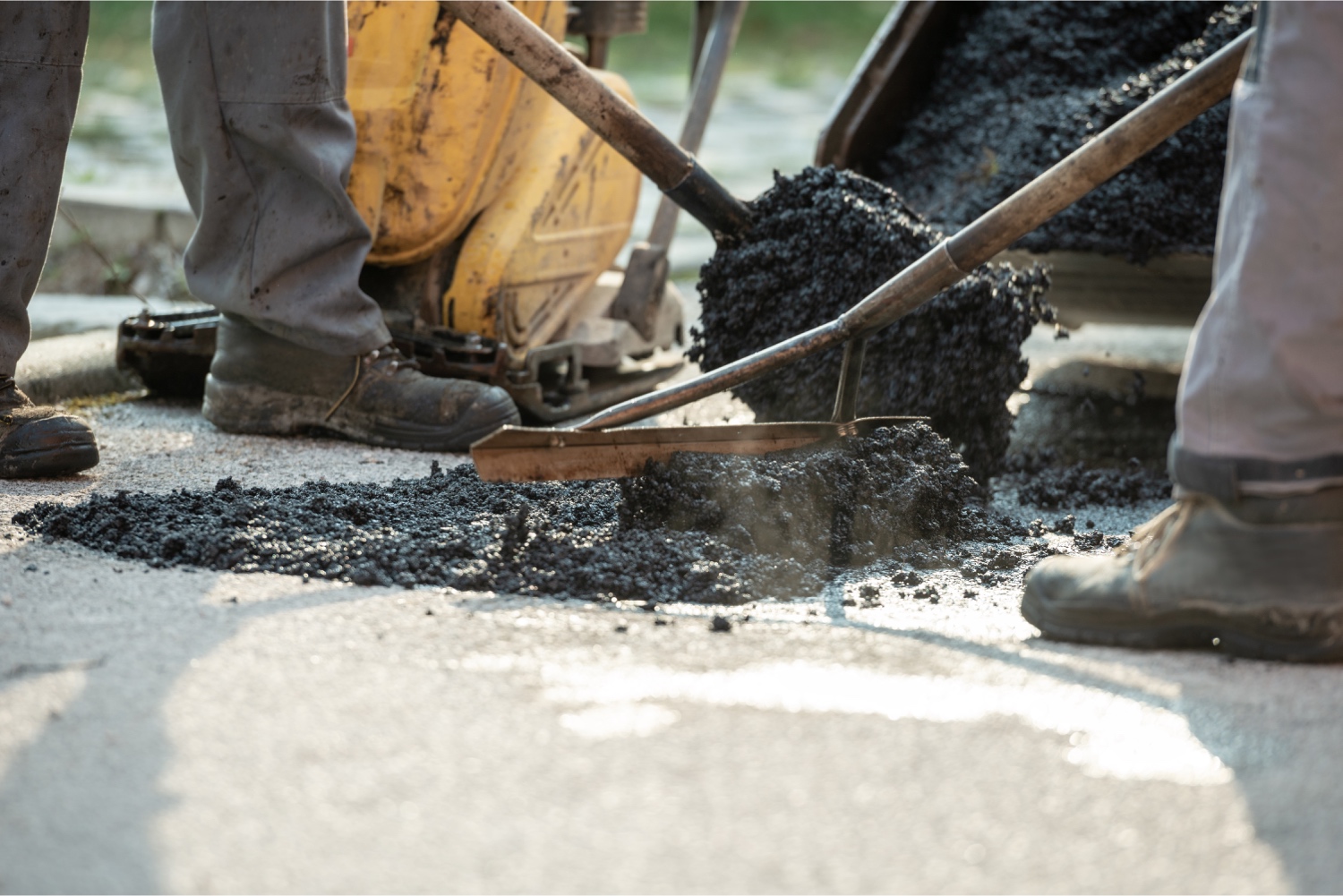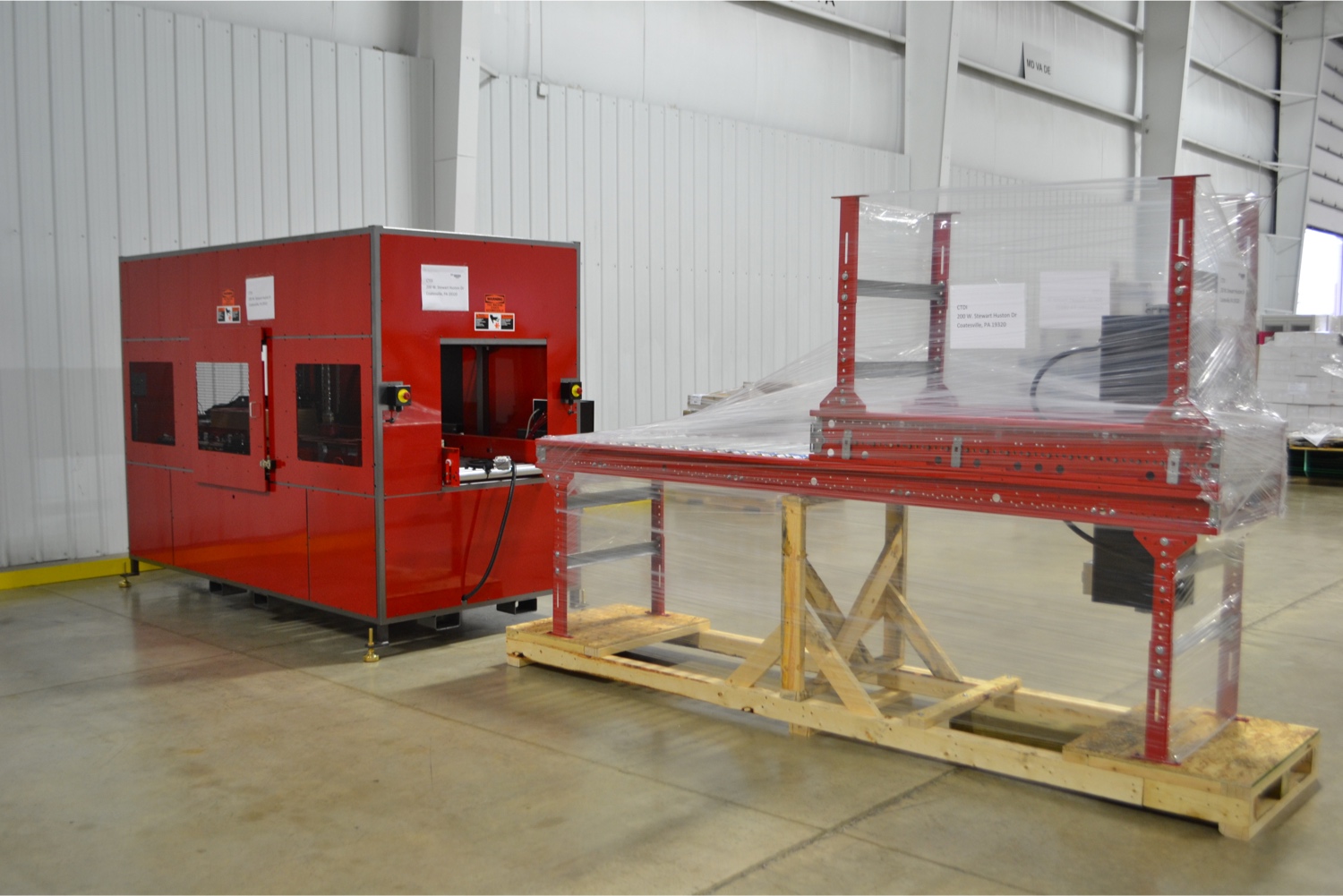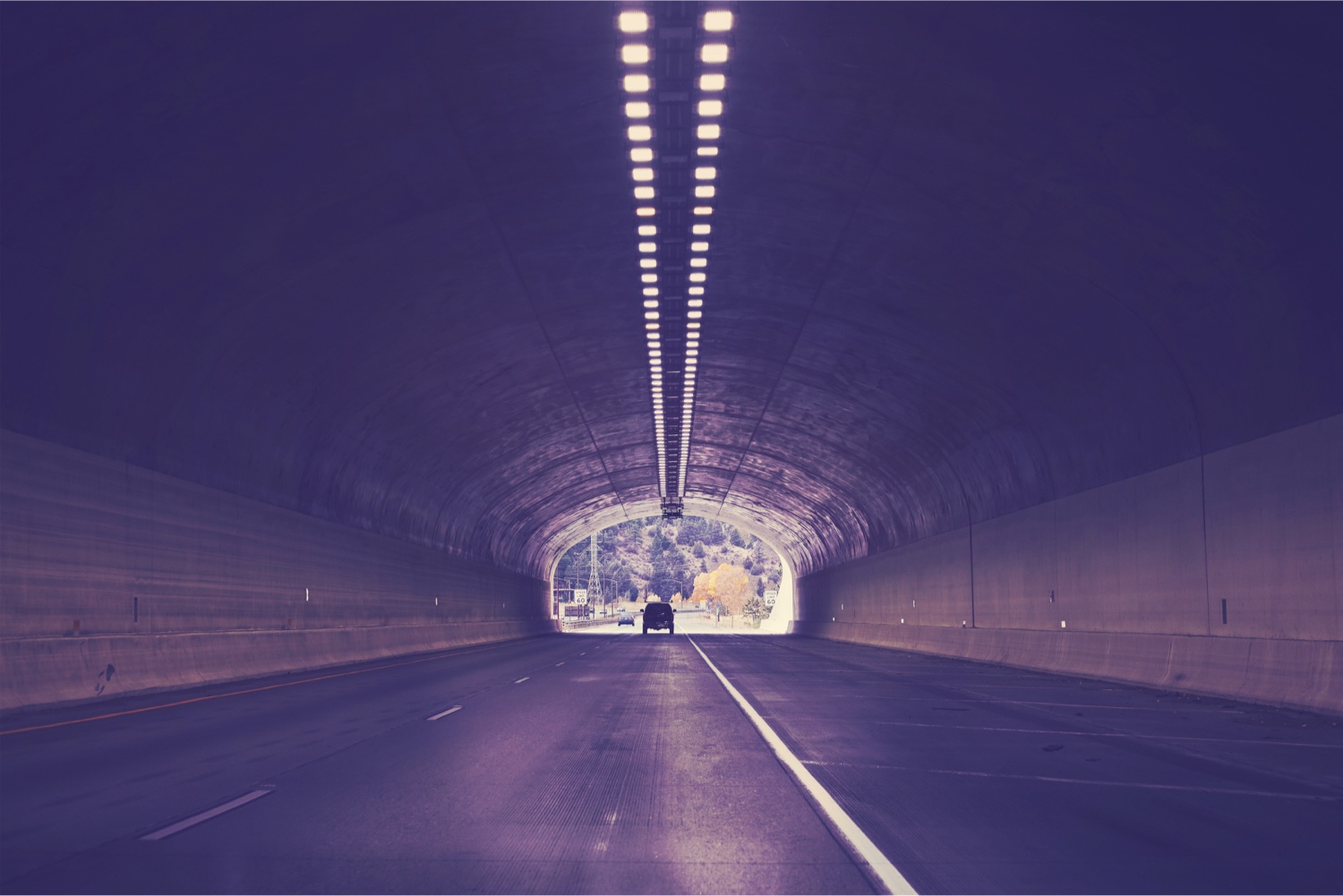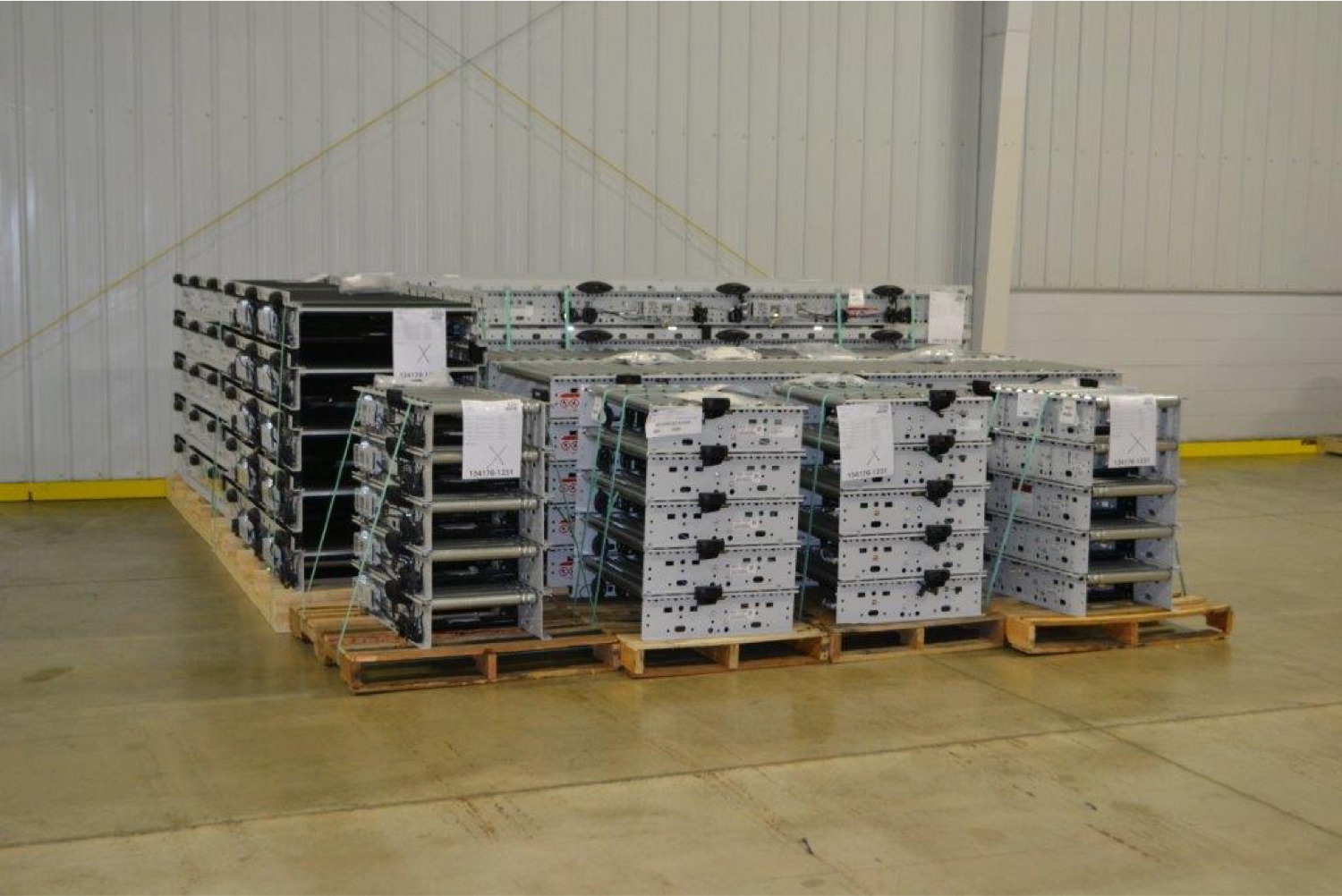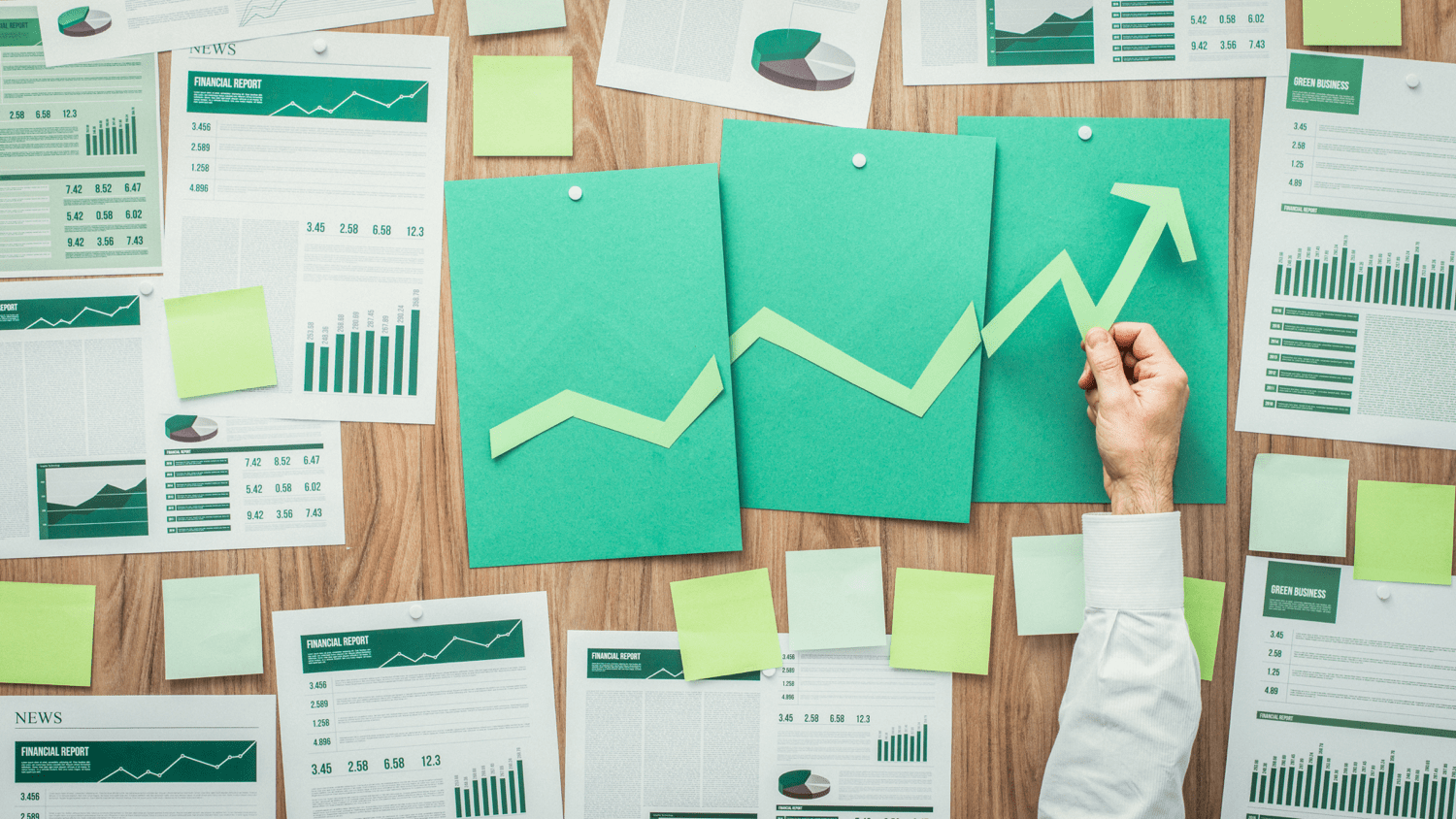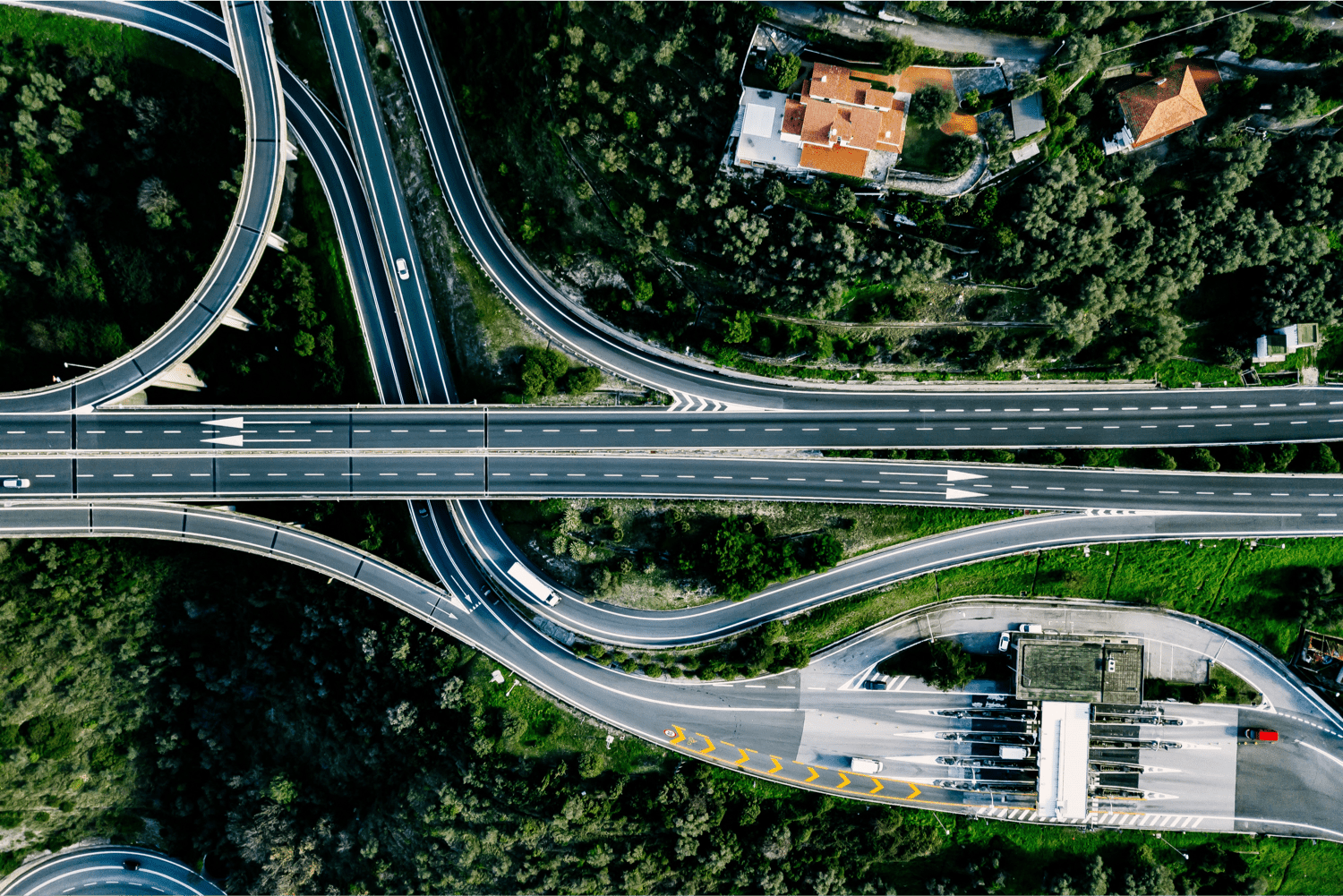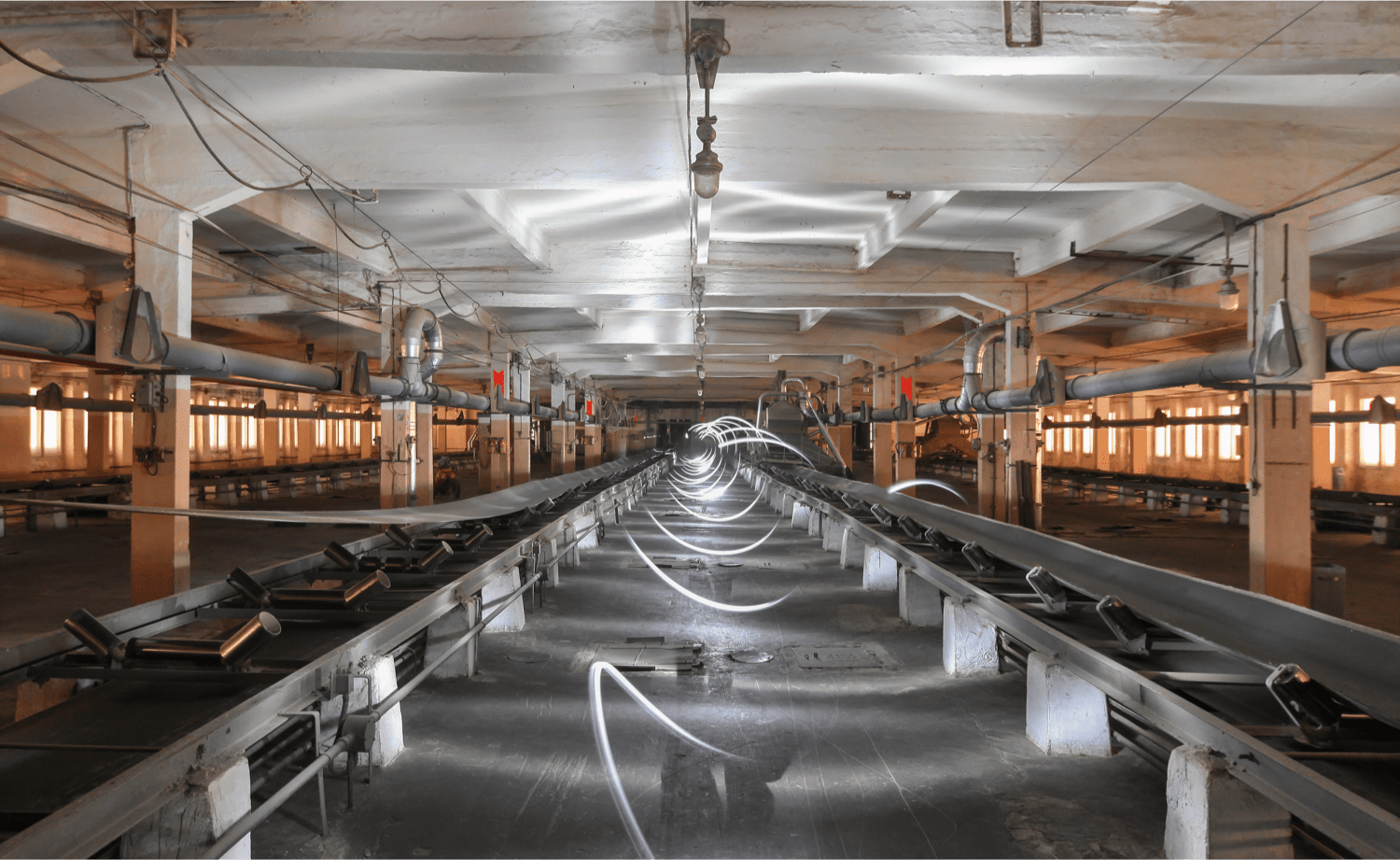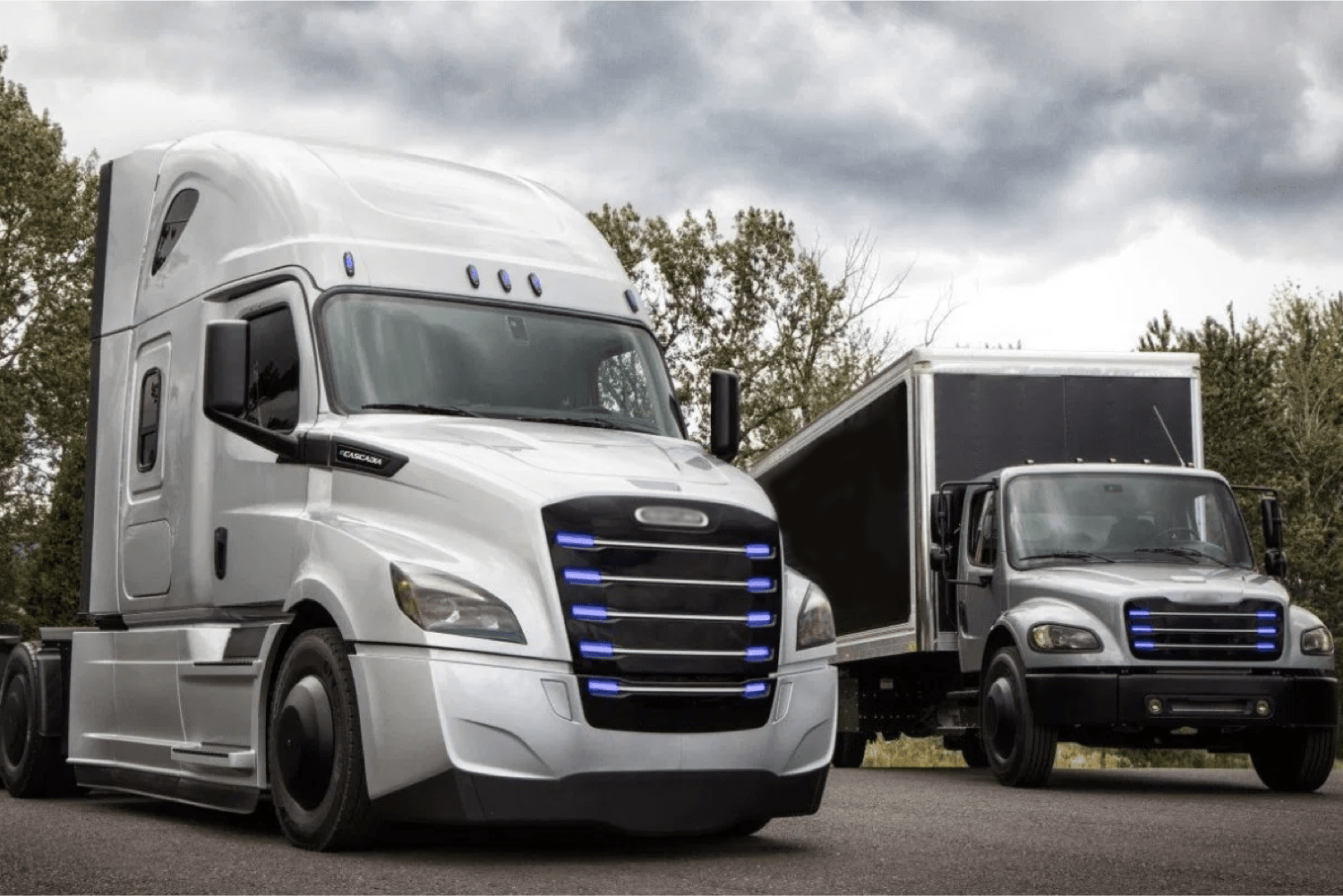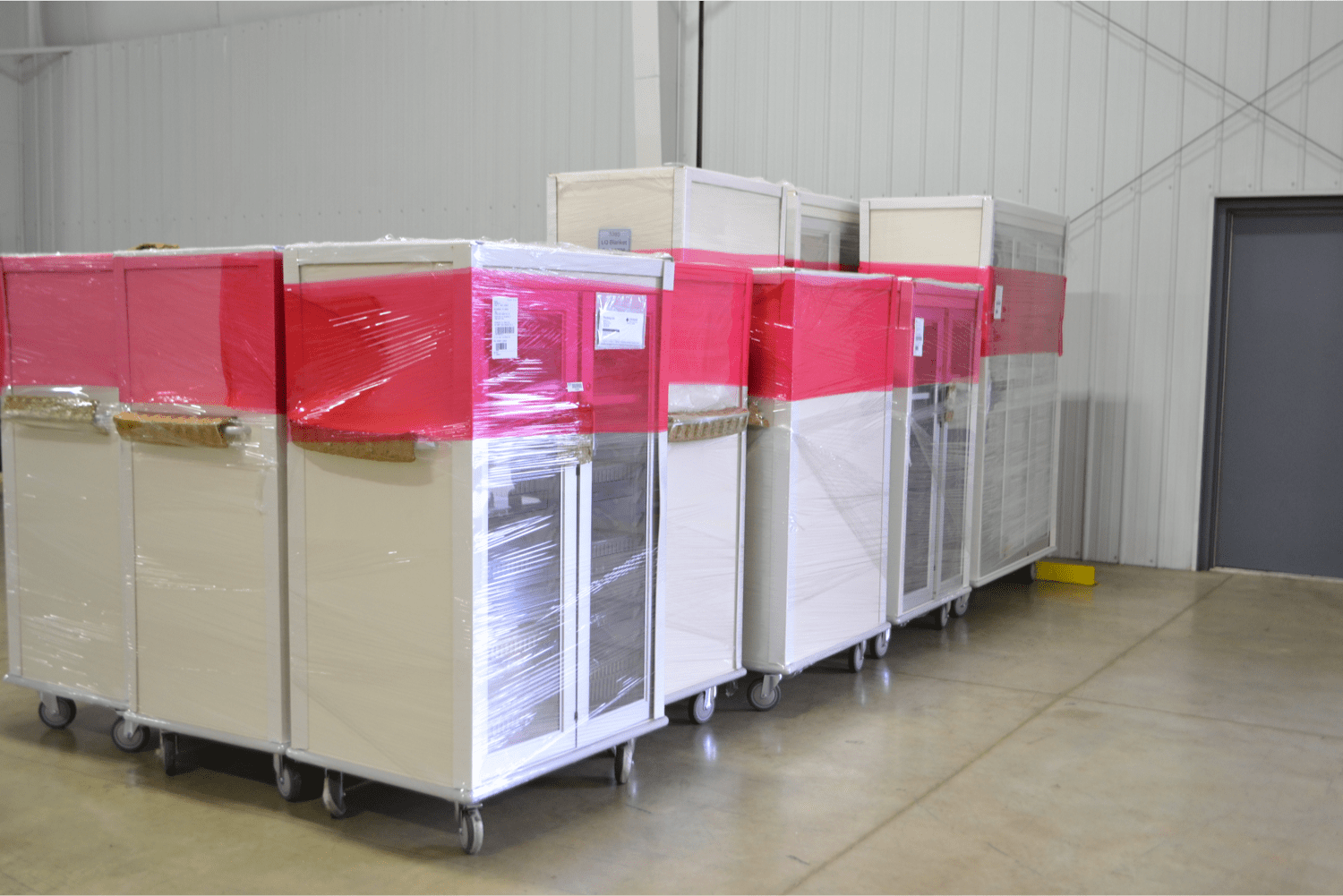Go out for a drive on the interstate and it’s clear that roads in the USA are in desperate need of repair. Our national infrastructure continues to deteriorate and while the Infrastructure and Jobs Act has pledged funds to repair our highways, only a fraction of the funds are earmarked specifically for roads. In addition, those funds are to be disbursed over a five year period, which puts the United States behind on the global stage in terms of infrastructure investment. Our infrastructure needs to be updated in order for companies to further their reshoring initiatives and create their regional supply chains. If these initiatives prove successful, trucking will be even more crucial in transporting goods to the customer and our roads will need to sustain this new reality.
Crumbling infrastructure doesn’t just affect urban areas but also rural regions where remote roads are nearly unusable, making it challenging to deliver shipments. Local roads, bridges and tunnels are in dire need of restoration in order to ensure that transportation companies can traverse these roads in order to make deliveries. While investing in infrastructure is a complex issue and beyond the scope of this article, it can be assured that it is a topic with widespread support and will help us become economically stronger in the long run.
There is one area where individual carriers can make a difference in their impact on roads. The solution here lies in the optimization of shipments, which consolidates truckloads in the hopes of reducing the number of trailers filled with air and in turn reducing the number of trucks on the road. Dedicating an entire truckload to a single shipment that doesn’t fill the entire trailer wastes fuel, contributes to increased emissions, and increases the wear and tear on highways. By optimizing every shipment, companies can reduce emissions and ‘recycle air’ which can preserve infrastructure until true reform comes.
At Zip Xpress, we understand the importance of infrastructure preservation and are committed to doing everything we can to optimize shipments. Our headload solution helps shippers by optimizing shipments, while they only pay for the space they use within the trailer. This is just one of the many solutions we use to help companies build more sustainable supply chains, reduce emissions and reduce the wear and tear on our infrastructure. We will also provide you with a monthly carbon emissions report which shows you the impact you’re having by developing a more sustainable supply chain. To see for yourself, start today with Zip Xpress!


